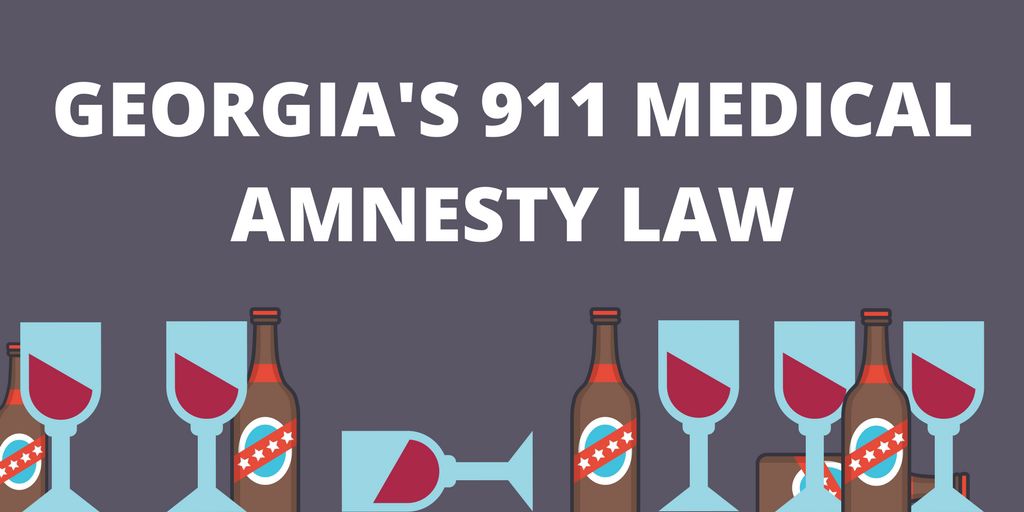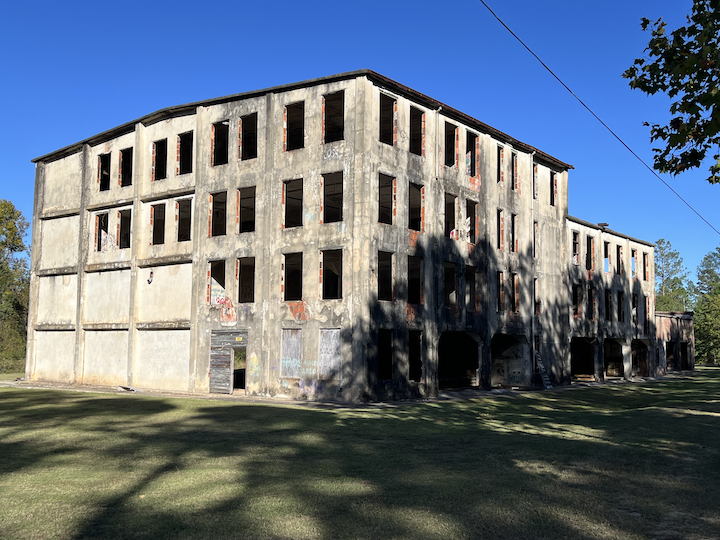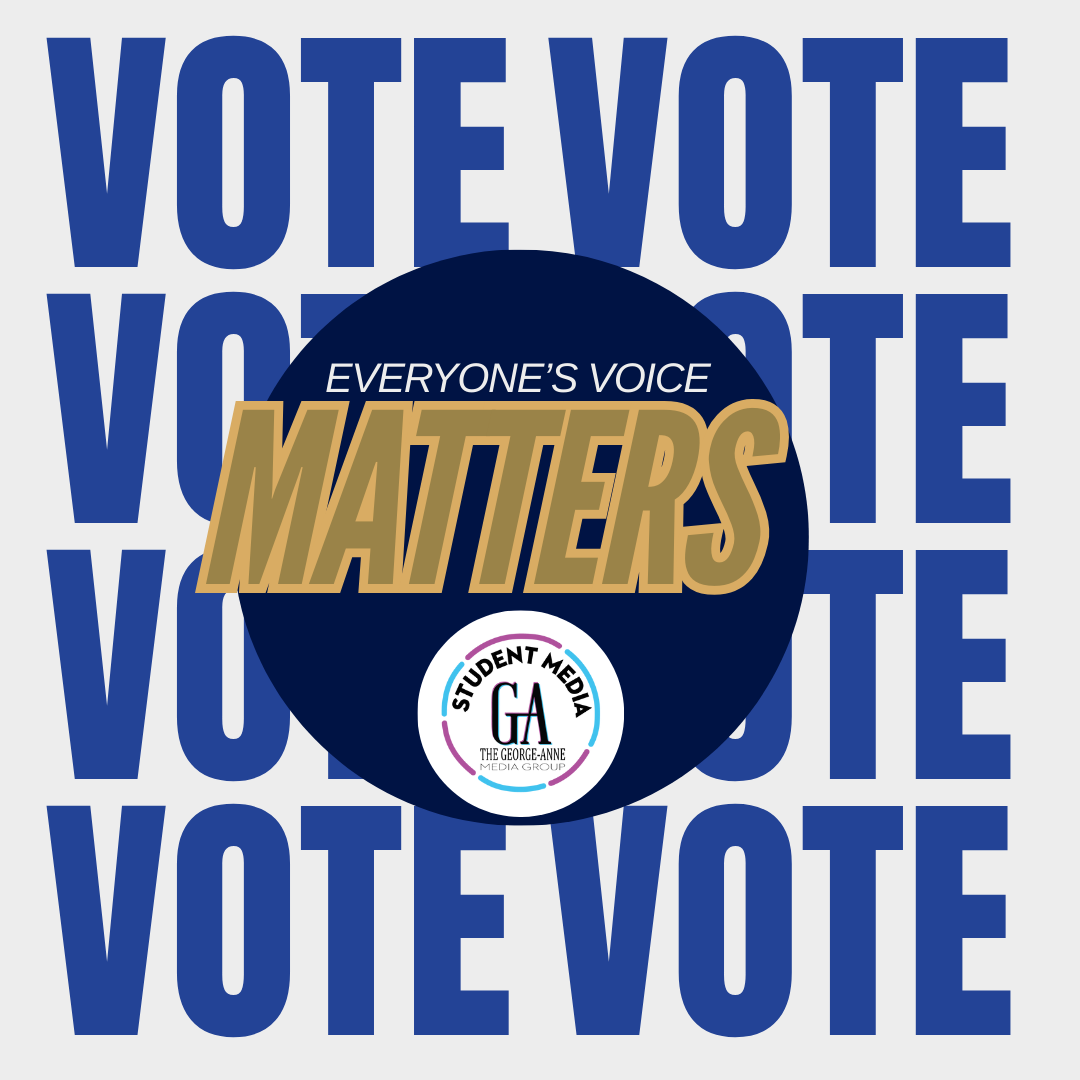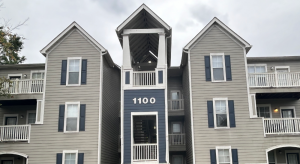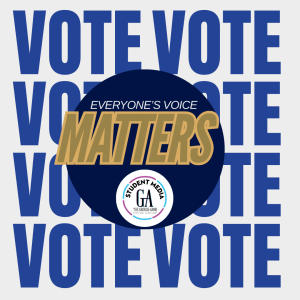About Georgia’s 911 Medical Amnesty Law
February 13, 2018
What if someone you knew was experiencing a possibly fatal overdose, and you wanted to help them but worried they would be arrested if you called for medical assistance?
Before 2014, anyone in Georgia suffering from an illegal drug overdose or any underage drinker experiencing alcohol poisoning risked arrest when calling for medical help. As a result, calling 911 was not an option for them, which led to several easily preventable deaths.
However, thanks to Georgia’s 911 Medical Amnesty Law, this is no longer an issue.
The law’s background
Signed on April 24, 2014 by Gov. Nathan Deal, the law grants citizens amnesty from drug and alcohol charges. Deal signed the law with the intent to lower the amount of overdoses in the state by offering immunity from any charges for people calling 911 for any drug-related medical attention.
ATC Law Firm.com says that the law provides a limited amount of immunity for possession of certain drugs, paraphernalia or illegal consumption of alcohol and “encourages people to call for help without the fear that they or the person who is experiencing the overdose will face arrest, criminal charges, or prosecution.”
However, the law does not automatically grant everyone a pass from being arrested for possession.
From 2012 to 2014, there were 15 recorded drug-related deaths in Bulloch County alone, with a drug mortality rate of 7 percent. Since the amnesty law was passed, the mortality rate has gone down to 6 percent since 2015, with 12 drug-related deaths.
The Center for Disease Control and Prevention says that the main cause behind overdoses are opioids, both prescription and illicit.
According to Georgia Southern University police chief Laura McCullough, there has only been one notable case of overdose on a Georgia college campus.
Incident at the University of Georgia
According to onlineathens.com, the incident took place at the University of Georgia, when an officer named Jay Park would not arrest two intoxicated underage students who needed medical help.
Park was later fired as a result, and filed a $5 million lawsuit against the state. But a fair chunk of UGA’s campus supported Park’s actions, with an online petition calling for his reinstatement reaching almost 4,700 signatures.
Before the law came into effect, only students who reported cases of overdose were protected from Code of Conduct violations, but the students who overdosed were out of luck.
At Georgia Southern University
Chief McCullough added that the GS Police Department responds to overdose cases in the same way as all medical emergency calls.
Though there have been no recorded cases regarding the law at Georgia Southern University’s campus, several students still find it useful.
Miranda Swaim, senior communications major, says she appreciates what the policy does for students.
“It really gives underage drinkers a safety net,” Swaim said. “No earthly force is going to stop kids from drinking, so it’s important to keep everyone safe without the fear of being arrested.”
Matthew Anderson, senior mathematics major, agrees that the law is more helpful than harmful.
“Not allowing for amnesty discourages people from seeking help when their friends need medical attention,” Anderson said.
If you or somebody you know is suffering from alcohol poisoning or a drug overdose, do not hesitate to call 911, the Office of Public Safety at (912) 478-5234 or the Alcohol and Other Drugs Office at (912) 478-0108.


